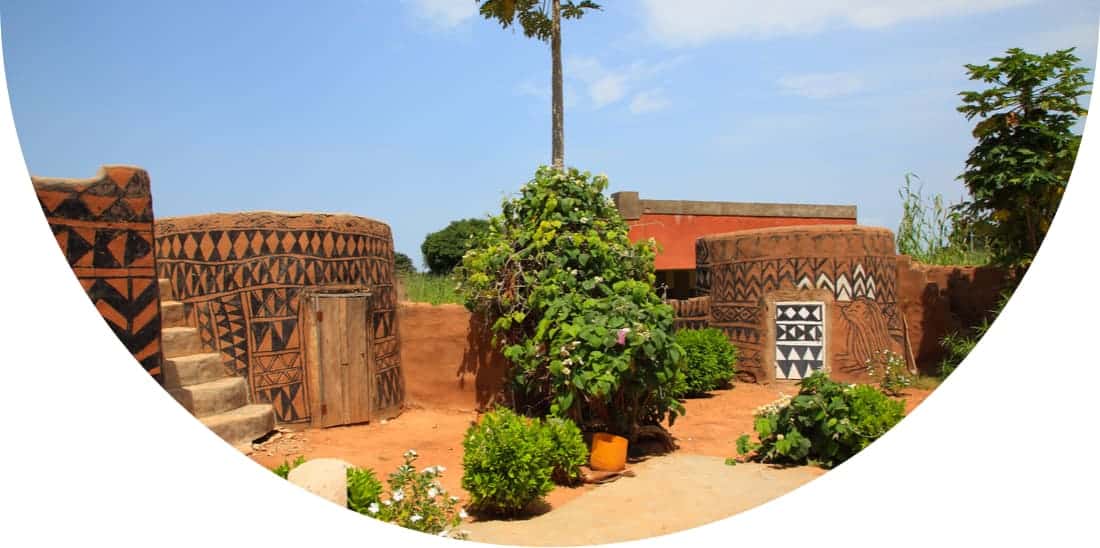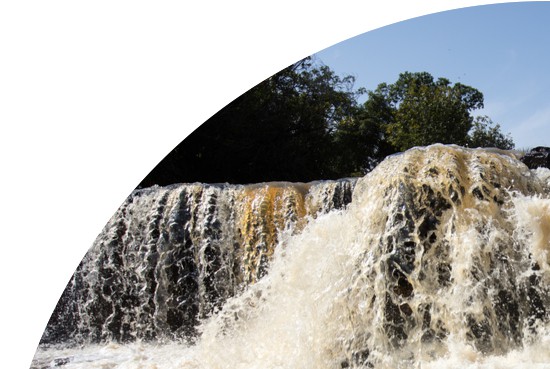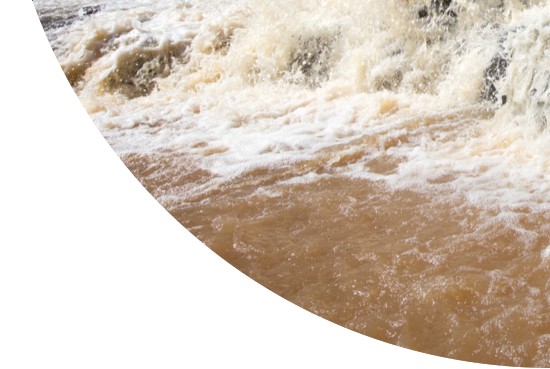Rift Valley fever (RVF) is an acute, fever-causing viral disease that usually affects domesticated animals (such as cattle and sheep), but can also infect and cause illness in humans. The majority of human infections are caused by direct or indirect contact with the blood or organs of infected animals.


Travel Vaccinations for Burkina Faso
Recommended Vaccines for Burkina Faso
The level of protection needed depends on your medical history and travel itinerary. Book now to get a personalised recommendation from our specialist travel nurses. The consultation costs £20 plus any vaccines you decide to take.
Vaccines Advised To Some Burkina Faso Visitors
Flexible appointments with no upfront payment
Book Now
Destination Information for Burkina Faso
Burkina Faso is an excellent destination for anyone interested in seeing a beautiful African country, culture and music. Tourism is not yet well-developed, but the welcome you’ll receive by the native people, the Burkinabé, is so warm and charming, you’ll feel at home straight away. The main language spoken in the big cities is French, and English is virtually unknown. Most people will speak a mixture of French and Dioula dialect.
Situated in West Africa, bordering Mali, Niger, Benin, Togo, Ghana and Côte d’Ivoire, Burkina Faso is rich in culture and tradition. Burkina Faso is known as the home of music in West Africa, and there are a number of festivals and celebrations throughout the year where reggae, salsa, soukous and traditional bands play. The Arts and Masks Festival in Dédougou, the capital city of the Mouhoun Province in the west of the country, is a particularly stunning sight – taking place every two years, where hundreds of masked dancers from across West Africa perform. Take a trip to Ouagadougou and Bobo-Dioulasso, Burkina Faso’s largest cities, to sample traditional crafts, traditions and celebrations like no other!
There’s also plenty to see and explore in this beautiful country. Ride a camel out from Gorum Gorum and spend a night in the desert, hike alongside breathtaking waterfalls at Banfora, or take a walk on the wild side at the crocodile lakes outside of Ouaga.
Infections and Outbreaks frequently change from country to country and by attending our clinics you will be given the most up to date clinical and safety advice from our team of specialists. Our advice to you often includes aspects such as:
- Food and water hygiene
- Insect and animal bite avoidances
- Personal safety
- Sexually transmitted infections
- Sun protection
- Altitude sickness
Malaria and regions within country:
There is a high risk of P.Falciparum malaria throughout the country.
Additional Health Risks Information for Burkina Faso
Travel to the northern and south-eastern parts of Burkina Faso is advised against in all circumstances by the Foreign and Commonwealth Office. You should only travel to the rest of the country if strictly necessary. This is due to a high risk of terrorist attacks, kidnapping and attacks on the police and security services. There is also a risk of armed groups, car-jacking and street crime, so if you do visit the country take extreme care, and do so only as part of an organised tour with an experienced guide.
Burkina Faso is a yellow fever and a high-risk malaria zone, so consult a travel clinic for all the necessary vaccines, malaria tablets and travel health advice before travelling. Medical facilities in Burkina Faso are limited, and hard to find outside of the major cities. If you are seriously unwell or injured you may need to be evacuated for treatment outside of the country, so ensure that your travel insurance covers this. The rainy season is from June to October, and during this time there is an increased likelihood of floods and landslides, making travel on the already poorly-maintained roads even more difficult. Check the local conditions for your specific destination before you travel.



